
Honoring World Mental Health Day...

Honoring World Mental Health Day...

Research indicates sleep issues should be addressed as part of ADHD treatment.


In this CME, the link between personality disorders and violence is explored. Much still remains to be learned about the factors that mediate the link.

Are we our brothers’ and sisters’ keepers?
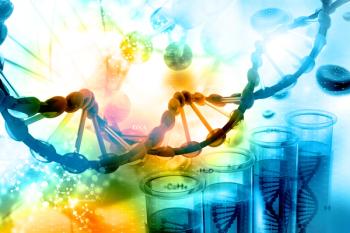
The history of medicine is a never-ending work in progress. What is the next chapter in the psychiatry and genetics story?

Don't stop now...
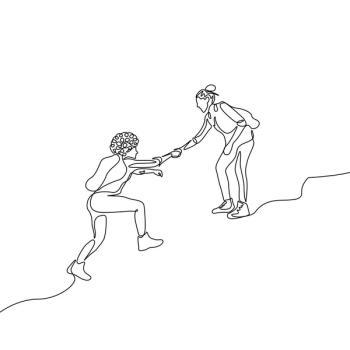
We must protect the future generations.

Does mental health care need a whistleblower like Facebook?

What will psychiatric practice look like in the future?

Work can be rewarding and bring meaning, but should not define us...

Three forces have converged to generate the perfect storm of civic irresponsibility.

PH94B for the treatment of social anxiety disorder further differentiates its mechanism of action from benzodiazepines in a new lab rat preclinical study.
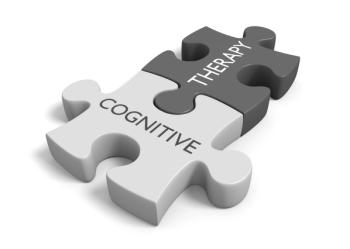
How can cognitive behavioral therapy be adapted to different cultures and address larger social issues?

Low pay and poor housing are causing a mental health crisis in minor league baseball.

Is gaming dangerous? A study found 10% of video game players exhibited pathological behavior.

These 3 essential steps best support patients with borderline personality disorder, according to Carl Fleisher, MD.
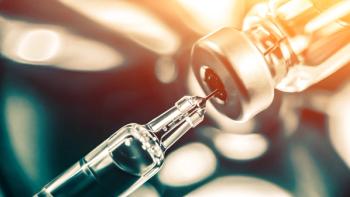
Getting vaccinated and wearing a mask: the ethical way.

Sometimes to find your place of tranquility, you must cross a bridge of faith...

Cultural differences between patients and physician are hard to avoid. How can you best work with diverse patients?

Transgender youth are at increased risk for a number of psychiatric morbidities. Gender identity conversion therapy can make them worse.

Sheldon Preskorn, MD, shares insights into drug mechanisms and delivery to better help patients with major depressive disorder.

Phase 3 results on MDMA-assisted therapy look promising for the treatment of PTSD. What other disorders can psychedelics help treat?

A psychiatrist reflects on career changes as he embarks on a new adventure.
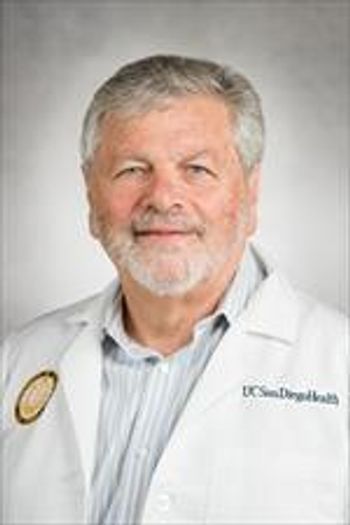
Sidney Zisook, MD, shares insights into defining depression diagnosis.

Chronic adolescent exposure to THC and cannabis could lead to adverse mental health outcomes and impacted brain functioning.

Health care workers have always been prone to stress and burnout, and the COVID-19 pandemic exacerbated the issue. What do we know about burnout and how can we prevent and address it?

Bringing science to the practice of psychiatry has been the personal goal of Sheldon H. Preskorn, MD—the Educator of the Year.

How can psychiatrists improve substance use treatment for Black and pediatric patients?

The pandemic caused the shut down of schools and resulted in virtual learning for most of the world's children and adolescents. How did they fare?